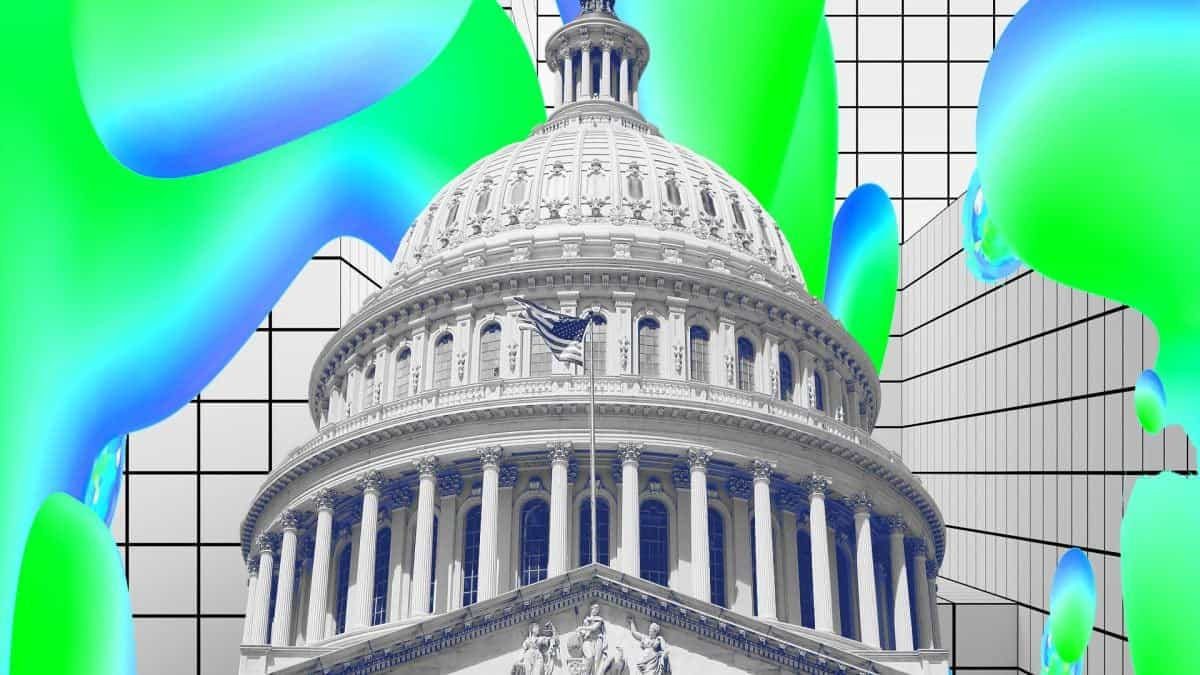News
Stay up-to-date on the most trending topics in crypto with our professional and in-depth news.

Almost $89 million in crypto will be unlocked this week


ETH/BTC remains under major moving averages, with resistance between 0.05–0.06 BTC, a breakout above may signal a solid reversal of the trend. A bullish divergence on the weekly chart indicates declining bearish momentum, with both RSI and Stochastic RSI flashing signs of possible price reversal. ETH/BTC is testing a major historical low, with substantial trading volume implying a fierce battle between sellers and buyers.

The TD Sequence signal has registered a buying signal, and there may be a bull cycle if XRP tests significant resistance levels. XRP trades within a downtrending channel, with a probable breakout above $2.80–$3.00, possibly pushing prices up towards $3.50–$4. The MACD signals the start of a bull crossover, and the Stochastic RSI signals a short-term correction before a rally.

Bitcoin’s price hovers near $95,582, facing risks of decline if it drops below key support levels around $95,000. A breakout above $98,000 could drive Bitcoin toward $100,000, with long-term bullish trends still intact. Bitcoin’s momentum shows signs of reversal, potentially leading to upward movement if key resistance levels break.

Helium (HNT) tests a critical $3.00 support, with traders awaiting a possible reversal or protracted bearish momentum. The RSI of 38.01 signals a bullish divergence, and the constricting Bollinger Bands suggest a probable breakout in either way. A breakout above $3.80–$4.00 can solidify bullish momentum, and a drop below $3.00 can take HNT down towards $2.50, even lower.

Bitcoin is forming a declining wedge pattern, with resistance points of $100K and targets of $110K and $120K. Market indicators, including MACD and RSI, are suggesting consolidation, with a volume-driven breakout and on the lookout for bull signals. A bearish breakdown of $93K may take Bitcoin down towards $85K–$87K, and holding on may result in a steep upswing.


Quick Take Trump’s crypto-friendly pick Howard Lutnick was confirmed by the Senate as new Secretary of Commerce. Lutnick has been leading financial services firm Cantor Fitzgerald, which has been a custodian for Tether.

- 05:56Ripple President Confirms Company Will Not Go Public in 2025Ripple President Monica Long stated in an interview that Ripple has no plans to go public in 2025. Long pointed out that the company has sufficient cash reserves and does not need to conduct an IPO for fundraising or increasing visibility, a decision also supported by CEO Brad Garlinghouse. Previously, Ripple repurchased some shares this year at a valuation of $11.3 billion, down from a $15 billion valuation in 2022, indicating its strategic preference for maintaining independent development. (Cointelegraph)
- 05:25Solana On-Chain DEX Trading Volume Reaches $19.359 Billion in the Past Week, Ranking First WorldwideAccording to DeFiLlama data, Solana's on-chain DEX trading volume reached $19.359 billion in the past week, with a weekly increase of 23.53%. This figure surpasses Ethereum's $12.105 billion, ranking first among public chains. The BSC chain ranks third with $8.813 billion.
- 05:25Top Candidate for Fed Chair: Speak Less, Mind Your Business, Rigorously Control Monetary ExpansionDuring an event on Friday, Kevin Warsh, the top candidate considered by Wall Street to succeed the current Federal Reserve Chair Jerome Powell and former Fed governor, harshly criticized some of the Fed's practices. In a side event at the IMF and World Bank Annual Meetings, Warsh, speaking before a full house, stated that the Federal Reserve talks too much, intervenes excessively in current social issues, and has not held lawmakers accountable for their excessive spending. Warsh argued that the Fed should revert to its traditional role—maintaining a low profile as it had for most of the past hundred years, without over-explaining its monetary policy and financial stability measures to the public. Warsh's views seem to align with Trump's, who believes Powell is overly exposed in the media. On Friday, Warsh said, “The Fed leaders are better off not frequently sharing their latest thoughts.” He added that Fed officials should not publish their economic forecasts because it would “bind them to their words.” Warsh even pointed out that the Fed should not over-rely on economic data when making decisions since such "data dependency" holds little value. He emphasized that the data released by the government is often delayed and prone to subsequent revisions. In his speech, Warsh did not express specific views on inflation and interest rate prospects but rather stated that the Fed should not reveal its expectations about the future path of interest rates to the markets. He said, “Central banks should readjust to operating in an environment without applause and no audience on the edge of their seats.”